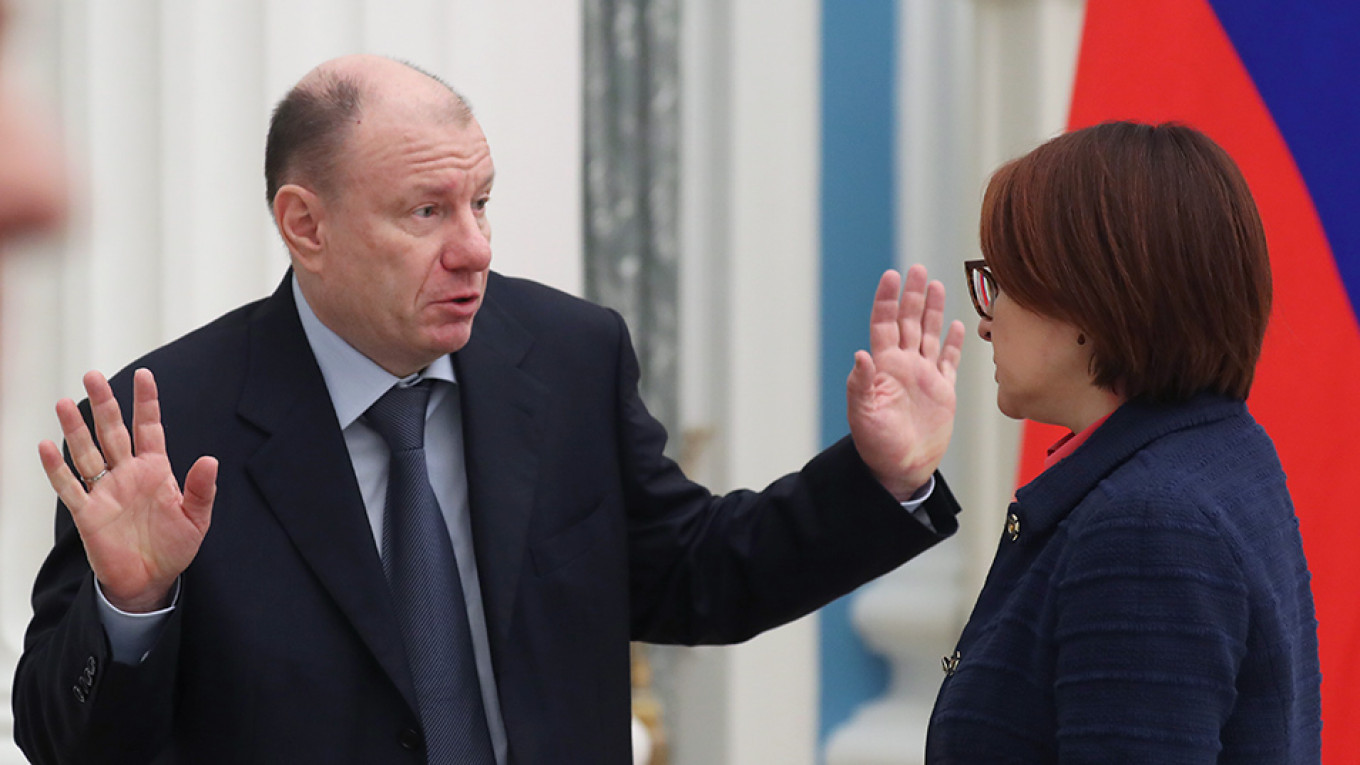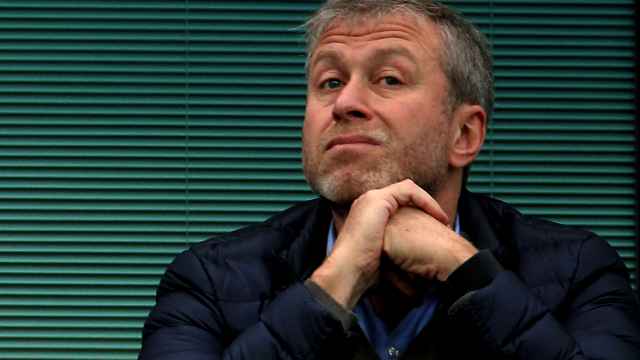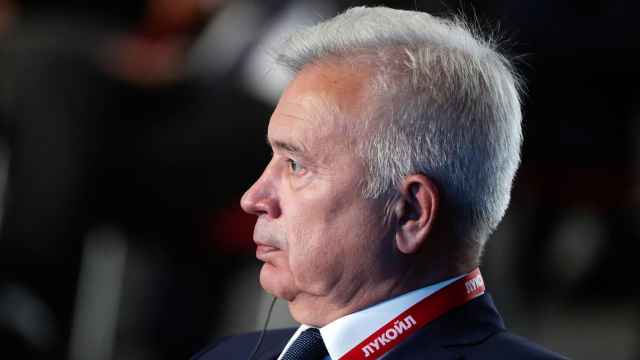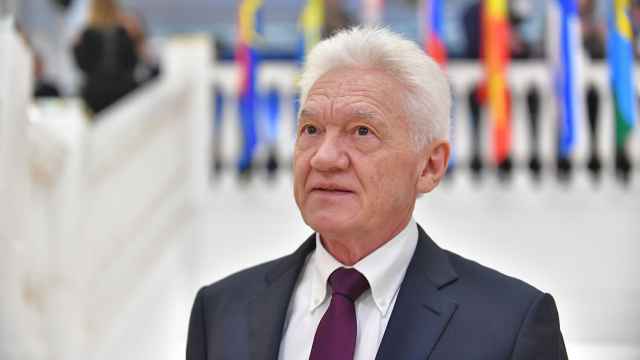Russia’s ultra-wealthy have increased their net worth by nearly $500 million in 2020 thanks to a historic stock market rally in November, according to the Bloomberg list of billionaires.
Altogether, the 22 Russian billionaires added $486 million to their net worth between the start of the year and Dec. 1.
Sixteen of them added just over $14 billion to their fortunes while the six others lost a combined $13.6 billion.
U.S.-sanctioned lawmaker Suleiman Kerimov posted the biggest gains of $4.29 billion, while oil tycoon Vagit Alekperov suffered the largest year-on-year loss of $5.67 billion.
Vladimir Potanin, whose mining company Nornickel is still dealing with the fallout of this May's historic fuel spill in the Arctic, is still the wealthiest Russian businessman with a $27.6 billion net worth. Potanin, the 44th-wealthiest billionaire in the world, lost $409 million so far in 2020.
The poorest Russian billionaire is fertilizer magnate and Jewish leader Vyachelsav Moshe Kantor, who posted a net worth of $4.99 billion after earning $452 million this year.
The state-run RIA Novosti news agency said Russia’s wealthiest billionaires had a November stock market rally to thank for their gains. The world’s ultra-rich have amassed a record amount of wealth this year as the coronavirus pandemic battered the economic prospects of others.
Russia’s 102 billionaires are the fourth-wealthiest cohort in the world behind Germany, China and the United States, with a combined $468 billion, the consultancy PwC and Swiss bank UBS said in a report last month.
With the smallest increase in wealth among the world’s top 10 billionaire locations over the past decade, however, Russia is forecast to fall behind France and India in the global billionaire rankings in the coming years.
PwC and UBS link Russia’s underperformance to the industries where its billionaires are concentrated as well as lackluster economic growth, which has averaged less than 1% per year since 2013.
A Message from The Moscow Times:
Dear readers,
We are facing unprecedented challenges. Russia's Prosecutor General's Office has designated The Moscow Times as an "undesirable" organization, criminalizing our work and putting our staff at risk of prosecution. This follows our earlier unjust labeling as a "foreign agent."
These actions are direct attempts to silence independent journalism in Russia. The authorities claim our work "discredits the decisions of the Russian leadership." We see things differently: we strive to provide accurate, unbiased reporting on Russia.
We, the journalists of The Moscow Times, refuse to be silenced. But to continue our work, we need your help.
Your support, no matter how small, makes a world of difference. If you can, please support us monthly starting from just $2. It's quick to set up, and every contribution makes a significant impact.
By supporting The Moscow Times, you're defending open, independent journalism in the face of repression. Thank you for standing with us.
Remind me later.






